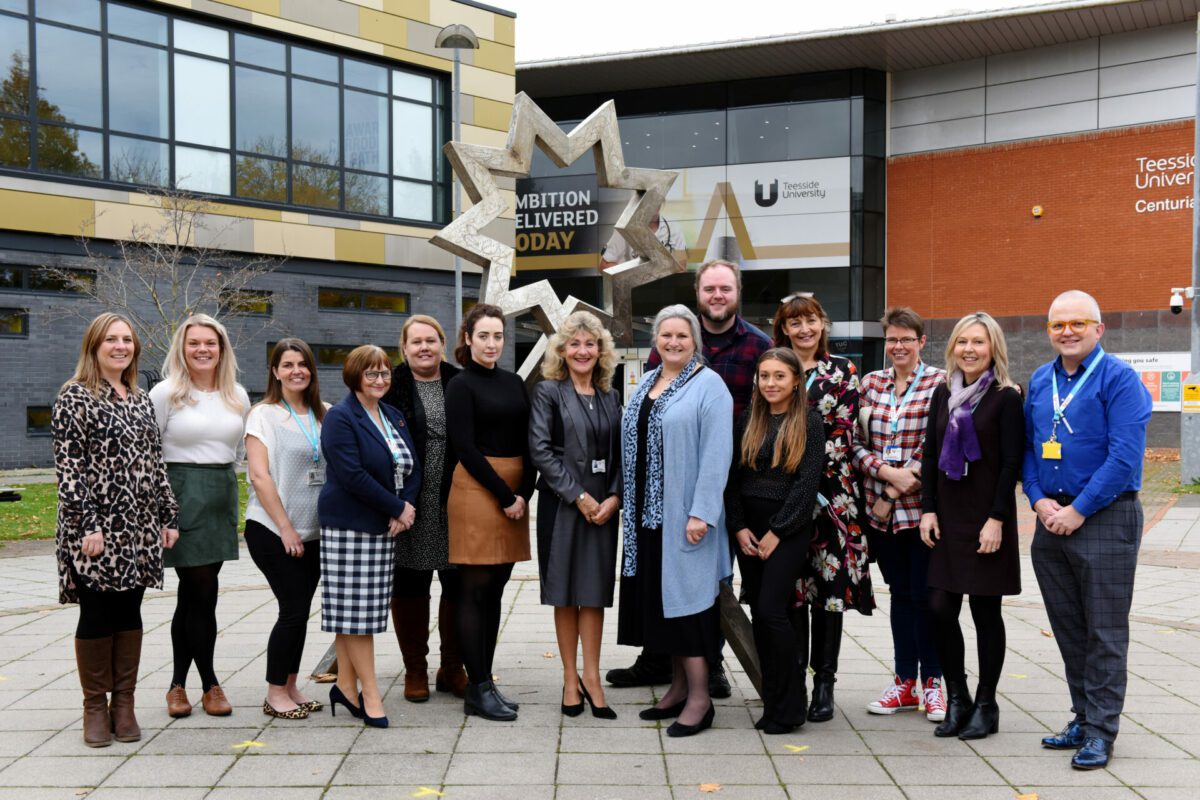Circle Health Group gifts £100,000 to other healthcare firms with skills shortages

- Circle Health Group, the UK’s largest private healthcare firm, is giving £100,000 to local healthcare and education businesses, as well as charity groups
- The money will be used to fund apprenticeships and help ease the UK’s chronic shortage of healthcare workers
- Funds will be prioritised for organisations local to Circle’s 50UKhospitals
- Circle will also offer free advice to firms on running apprenticeships (whether they receive funding or not),based on its own successful programme
- The first recipient of funds has been announced and says the money will make ‘an amazing difference’ in helping support children and adults with learning disabilities
- A current Circle apprentice has encouraged anyone who wants to get into, or get ahead in healthcare to apply for an apprenticeship, saying her training ‘changed her life’
Circle Health Group is to give £110,000 to local healthcare and education businesses, as well as charity groups, to train staff and help ease the chronic shortage of healthcare workers.
The UK’s private healthcare group said the money, part of its Apprenticeship Levy contributions, would go to firms that successfully applied from local communities around its hospitals.
The first recipient of Levy funds will be Inroads Essex, which supports or children and adults with learning disabilities, autism, and behavioural challenges.
Debbie Frappell, Head Office Manager at Inroads, said their allocation would fund 10 apprenticeships.
“This money will make an amazing difference to our staff by enabling them to complete their training at a time when it is getting increasingly harder to attract staff into care,” she said.
Win-win situation
Circle’s donation comes from its Apprenticeship Levy, something all employers with an annual pay bill of more than £3mcontribute to, with the total amount set by government at 0.5% of their annual pay bill.
Businesses can then choose to spend it on training for staff or to gift it to other businesses.
More than 500 people have gone through Circle’s apprenticeship programme in the last five years, with staff qualifying in roles ranging from nurses, physiotherapists, and diagnostic radiographers, to electricians, theatre staff, and hospital managers.
David Cooper, Chief People Officer for Circle said the firm’s own programmes had been successful inbuilding talent at all levels of the company and that helping businesses and charities in their local communities do the same was a “win-win”.
Lost potential
“Using apprenticeships to give people new skills and preparing them to do the roles the healthcare industry needs – while still doing their day jobs – means we can fill gaps in a way we simply can’t otherwise,” she said.
“There are lots of healthcare and education companies, as well as charities, that are local to our hospitals and either can’t get the skilled workers they need or can’t get the funds to train up their existing work force.
“At the same time there’s lots of people who want to get into healthcare, or who are already in the industry and want better skills and more opportunities but can’t.
“For example, the idea of going to university for years to train to be a nurse is completely out of reach for some people,” she added. “They may not be able to afford the fees or their circumstances may mean they can’t afford the time. But with an apprenticeship they can get the same qualification without having to go through that hardship.
“So much potential, energy and enthusiasm is getting lost. ”Mr Cooper added. “Using our Levy, we can help ease these problems by helping people train while also doing their day job.
“That eases the pressure on the healthcare sector and means patients get a better service – it’s a win-win for everyone.”
[Case study]
Shelley Harrison is training to qualify as a nurse at Thornbury Hospital in Sheffield – something she couldn’t have done without her apprenticeship.
“I worked as a Healthcare Assistant for years and always wanted to be a nurse, but I couldn’t afford to go to university for years to train, especially after I had my second daughter,” she said.
“Doing my apprenticeship has been tough – there’s a lot of on-the-job training and academic work to do –and some of it’s properly nerve-wracking, like the first time I went into theatre and had to get the process right for scrubbing in to make sure there was no danger of spreading infection.”
“I basically did it and then stood there not moving with my hands pressed together, not daring to touch – or even breath! – on anything. Everyone thought it was so funny, but they were brilliant, including the surgeons who explained everything they were doing to me in a way I could understand.
“Doing an apprenticeship has made a massive difference to me and my family and I’m really proud I’ve done it,” Shelley added. “I have a lot more opportunities now and on top of that I’m more confident looking after my family and we can afford better holidays!”











Responses